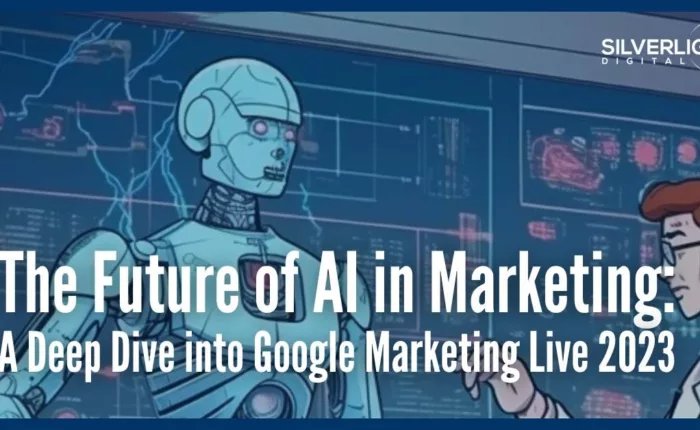(Silverlight Digital CEO Lori Goldberg writes for EConsultancy) The term SEO, which was allegedly first used in 1997, has long been used to describe a webmaster’s ability to edit a website’s design and code to favorably influence its rank on search engines.
SEO strategies have included back-linking, title tags, page architecture, site maps and introduced us to a style of writing content that emphasizes keywords.
These strategies have largely belonged to webmasters and programmers.
Despite significant changes in search algorithms and user-friendly web design tools (ie; WordPress, Drupal, Squarespace), many core elements of what has traditionally been known as SEO have become automated or less technical.
Even Google has restructured its view on back-linking and often favors quality content over its old ‘inbound links = relevancy’ model.
Despite this, the term “SEO” still remains and often intimidates non-technical people who view SEO as some foreign language that only their webmaster speaks.
[gdlr_button href=”https://econsultancy.com/blog/67080-why-it-s-time-to-leave-old-school-seo-behind/#blog_comment_979208″ target=”_self” size=”medium” background=”#000000″ color=”#ffffff”]Read more[/gdlr_button]



